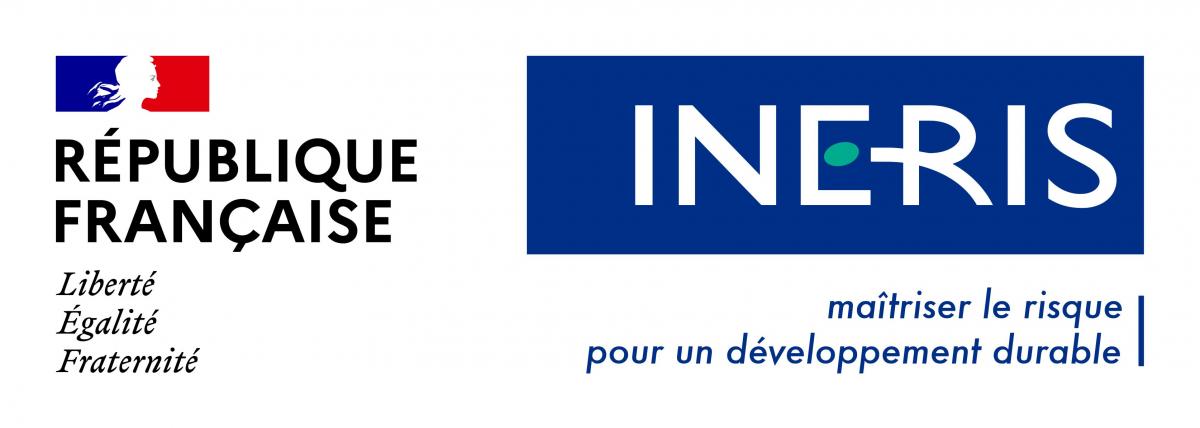Industrial discharges of pharmaceuticals induce adverse effects in wild fish
Résumé
Recent evidences reveal high concentrations of a large number of active pharmaceutical effluents (APIs) in effluents from pharmaceutical manufactures and in receiving aquatic ecosystems. Laboratory experiments reveal adverse effects in aquatic organisms exposed to these industrial effluents. However, no data is available on adverse effects induced by industrial pharmaceutical discharges in wild aquatic organisms. The aim of the present work was to assess wild fish health disturbance downstream from industrial effluents. For this purpose, a set of biochemical and histological biomarkers was measured in fish sampled upstream and downstream from several API manufactures selected among more than 200 industrial sites involved in French pharmaceutical production. Firstly, between 2008 and 2012, gudgeons were electrofished in four sites located upstream and downstream from the discharge of pharmaceutical factory involved in steroid synthesis. In all sampled fish, a set of biomarkers including endocrine disruption endpoint (vitellogenin and gonad histology) was measured. Sex-ratio and fish assemblage were analyzed to identify potential population disturbance. Strong signs of endocrine disruption including vitellogenin induction, intersex and male-biased sex-ratio were observed at several kilometres downstream from the industrial effluent. Secondly, to characterise the occurence of adverse effects induced by API industrial discharges in wild fish, a monitoring campaign was performed around 4 pharmaceutical factories including a manufacture of veterinary pharmaceuticals. First observations confirm that effluents from API manufactures induce adverse effects in wild fish from several locations. Results presented in this study confirm that effluents from pharmaceutical manufactures contain active compounds able to disturb the health of wild fish and populations. This conclusion argues for an increase of knowledge related to the occurence of these effects around the world and for the deployment of specific monitoring approaches around pharmaceutical factories This work was supported by the French Ministry for Ecology and Sustainable Development (MEDDE-Program 181).
